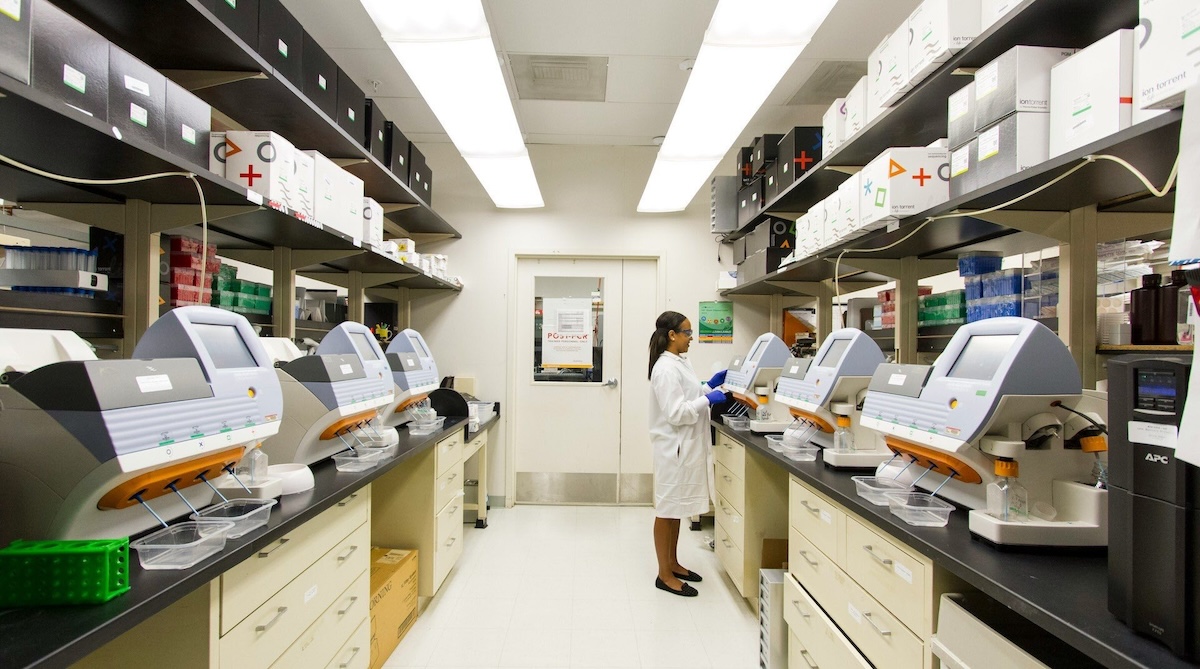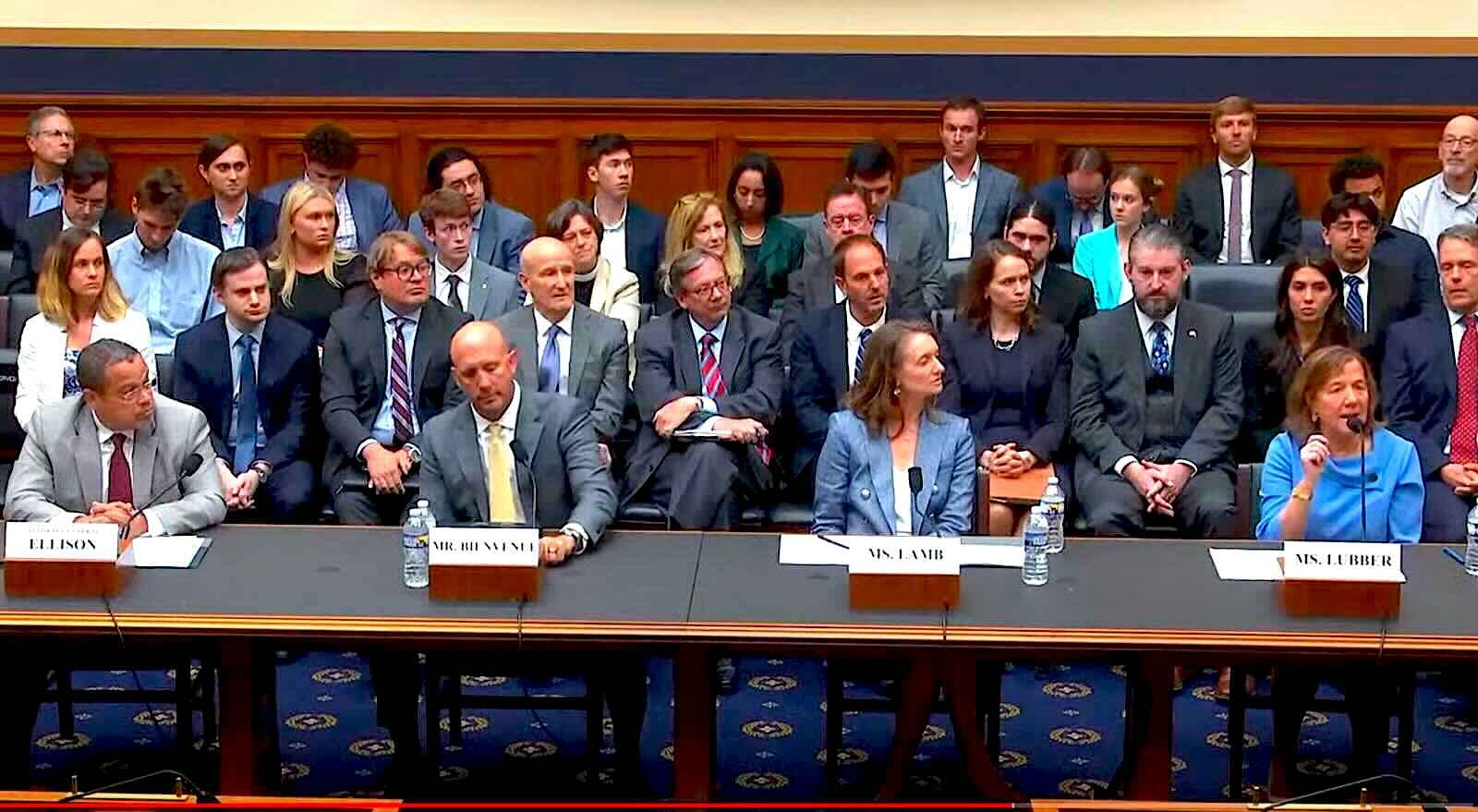Greetings Agents of Impact!
In today’s Brief:
- Shareholders get another say on Elon Musk’s compensation
- Electrolysis for battery recycling
- Amazon bioeconomy tech
- Apollo goes beyond ESG to impact
Featured: Shareholder Action
Elon Musk’s pay grab is a skirmish in the broader battle of the billionaires. The $56 billion pay package for Elon Musk on the ballot today at Tesla’s shareholder meeting is widely seen as a referendum on his leadership of the electric car maker. The expected approval also demonstrates how the billionaire class is flexing to protect its ability to continue to amass fantastic wealth. Last January, a Delaware judge voided Musk’s pay package, calling it “an unfathomable sum.” Citing Musk’s extensive ties to his board and inadequate disclosure to investors, she ruled that the 2018 package was “a breach of fiduciary duty.” Proxy advisors ISS and Glass Lewis, as well as institutional investors including CalPERs and Norway’s $1.7 trillion sovereign wealth fund, have urged investors to vote against the pay package. (“Not cool,” replied Musk on X.) “What does it mean for us as a nation to be overly paying CEOs at this time?” asks Kristin Hull of Nia Impact Capital, another “nay” vote. “We as investors have not seen Elon‘s full attention on Tesla in a very long time,” Hull tells ImpactAlpha. “We have also seen a lack of leadership from the board and the CEO, which has compromised the brand and the financials on many levels.”
- Bottom up. The pay fight comes at a time of opportunity to reduce, not increase, wealth inequality. From the mid-1970s until the Covid-19 pandemic, as much as $50 trillion in wealth was transferred from the bottom 90% of income earners to the top 1%. Real wages hardly budged. Since the pandemic, the strength of labor has surged amid tight demand for workers and low unemployment. That renewed power has helped drive the first real wage gains for rank and file workers in decades (see, “Key to the surprising health of the US economy: Small but steady gains for workers”). Oxfam in a recent paper predicted the world’s first trillionaire within a decade. The new inequality gap “is not so much between the rich and people living in poverty,” Oxfam said, “but between an oligarchic few and the vast majority.”
- Shareholder democracy. Tesla’s shares are down around 29% so far this year on slowing EV sales and increased competition, a plunge that has shrunk the value of Musk’s all-stock package to around $46 billion. Musk has championed the payout as a matter of “corporate democracy and stockholder rights.” The company has urged “no” votes on other proposals before shareholders: requesting Tesla to report on its efforts to prevent harassment and discrimination, allow collective bargaining, integrate sustainability metrics, and end deep sea mining for minerals. Musk has pushed for 25% control of the company – up from 13% – to put him firmly in control.
- Keep reading, “Elon Musk’s pay grab is a skirmish in the broader battle of the billionaires,” by Amy Cortese on ImpactAlpha.
Dealflow: Battery Tech
Aepnus Technology raises $8 million to recycle battery waste. The Oakland, Calif.-based startup uses electrolysis to turn sodium sulfate waste from lithium-ion batteries back into sodium hydroxide and sulfuric acid, essential chemicals for battery production. Aepnus’ Lukas Hackl said the process is applicable to waste from other industries, including pigments, textiles and lead-acid batteries. “There’s a whole host of chemicals that could be made using electricity rather than fossil fuel-derived feedstocks as a driving force,” Hackl told ImpactAlpha. “Once we’ve gotten to scale, the vision is to apply the same manufacturing methodology to make a whole range of other molecules.”
- Tech transfer. The electrochemical process was inspired by the Aepnus founders’ research on water desalination at Lawrence Berkeley National Laboratory. The $8 million seed financing round was led by Clean Energy Ventures and included Voyager Ventures, Lowercarbon Capital, Impact Science Ventures, Muus Climate Partners and Gravity Climate Fund. “Aepnus brings a sustainable alternative to today’s high-cost and energy intensive solutions,” said Clean Energy Ventures’ Daniel Goldman.
- Share this post.
KPTL venture fund will expand Amazon bioeconomy investments beyond Brazil. The Amazonia Regenerate Accelerator and Investment Fund, the tenth fund from Brazilian fund manager KPTL, takes the manager’s climate and forest tech strategy beyond Brazil to Ecuador, Bolivia, Peru, Colombia, Guyana and Suriname. The fund has raised $11 million toward a targeted $30 million, with an anchor investment from IDB Lab, the venture arm of the Inter-American Development Bank. IDB’s Natural Capital Lab, Green Climate Fund and Brazilian angel investor Denis Minev also invested. “If there is a solution that works in Colombia, it probably works in the Brazilian Amazon as well,” KPTL’s Danilo Zelinski tells ImpactAlpha. He said one aim of the fund is to increase cross-country collaboration. “We are neighbors that need to work together.”
- Biodiversity tech. The fund will back early stage companies creating high-value biotech, pharma, agricultural, cosmetic and food products from low-value plants and fruits from communities in the Amazon. From an earlier fund, KPTL backed longevity startup Ages Bioactive, which derives products from bioactive compounds found in the Amazon. KPTL assumed ownership of the fund through an acquisition of São Paulo-based Kaeté Investimentos, which secured the mandate from IDB Labs in 2021. Kaeté’s Otávio Ottoni, as well as Bogotá-based Jorge Farfan, previously with Bamboo Capital, have joined KPTL as partners on the fund.
- Share this post.
First Circle inks two deals for inclusive and secure digital finance in Africa. South Africa-based First Circle Capital is betting on the long-term impact of emerging financial technologies in Africa, especially for the inclusion of women. The women-led VC firm invested in Orca Fraud, which was founded by two female software engineers who were alarmed by the rapid escalation of cybercrime in Africa. “With the explosive growth of digital financial services in Africa, cybercrime is a bigger threat than ever,” First Circle’s Selma Ribica and Agnes Aistleitner Kisuule said in an email. Most African businesses, they added, have no cybersecurity protocols. South Africa-based Orca has developed a fraud detection model that allows for continuous monitoring of transaction data, user identity verification and even fingerprinting. First Circle, which makes very early stage investments, backed Orca’s $550,000 pre-seed equity round.
- Personal lending. First Circle also invested in Egyptian fintech venture MNZL, which provides affordable loans and credit to customers who stake personal assets as collateral. About 40% of Egypt’s adults don’t have a bank account, and fewer than 10% have access to bank credit. “Despite these tight credit conditions, most Egyptian families own a major or significant asset,” Ribica and Aistleitner Kisuule said. MNZL offers digital home-equity and auto-equity lines of credit. The model has worked in other emerging markets “facing similar constraints like lack of reliable data sources and large informal sector,” they added. Other investors in MNZL’s $3.5 million round included P1 Ventures, Ingressive Capital, Flat6Labs, 500 Startups.
- Share this post.
Dealflow overflow. Investment news crossing our desks:
- Galvanize Climate Solutions and Lightrock invested in London-based renewable energy provider Octopus Energy, which helps customers save on energy costs by alerting them when prices are lowest. Octopus also inked a deal with Gresham House Energy Storage Fund to connect its batteries to Octopus’s energy platform.
- Colombian HR tech startup Magneto raised a $7 million seed round from ALIVE Ventures, Pashin, Impact Ventures PSM and Latin Leap. “Accessing formal jobs is a ticket out of poverty,” said ALIVE’s Santiago Álvarez. (Forbes Colombia)
- Wavemaker Impact backed Singapore-based Octayne to convert farm waste to biofuels in Indonesia. (TNGlobal)
Signals: Impact Rising
For Apollo, it is impact over ESG in a rebooted annual sustainability report. The political backlash against ESG is prompting the world’s largest asset managers to shift their stated focus to impact, a less fraught theme. The latest: $651 billion Apollo Global Management, which mentions “ESG” just five times in its latest annual sustainability report. By contrast, “impact” is name-checked a robust 221 times. It’s a big change from last year’s publication, in which Apollo cited ESG 390 times, twice as much as impact.
- The shift. “Impact investing is experiencing its moment of amplification,” writes Apollo’s impact chair Patience Marime-Ball in the report. “What was once an audacious idea – marrying purpose with profit – is moving from the sidelines of the capital markets toward the center.” Marime-Ball, co-author of “The XX Edge”, recently succeeded Lisa Green Hall, who serves as an observer on Apollo’s impact advisory committee (for background see, “Private equity giant Apollo Global invites agents of impact inside”).
- Words matter. At a collective $1.7 billion, Apollo’s acquisitions of and majority stakes in impact companies are a tiny sliver of its total portfolio. The report defines ESG as “factors that are deemed to be material to financial performance and can be used by investors and other stakeholders to evaluate a company.” It calls impact “an investment strategy targeting companies that generate positive and measurable social or environmental impact through their products and services.” The report echoes a widely read 2019 letter from BlackRock CEO Larry Fink that linked profit and purpose. In last year’s letter, Fink said he had stopped using the term ESG.
Agents of Impact: Follow the Talent
Geovanni Pérez, previously with Red Nacional de Grupos Gestores (Spanish for National Network of Management Groups), joins Alterna as a business development officer… The Coalition for Green Capital appoints Purdue University’s Mung Chiang to its board of directors… Madhu Gupta, previously an MBA intern at Amazon, joins Acumen America as a senior associate.
HSBC is looking for a sustainable finance senior manager in the United Arab Emirates… CapShift is hiring for several roles in Boston, including an impact investment associate and client experience manager… Portland-based REVERB has an opening for an impact director to lead its Music Decarbonization Project.
Esade, a Barcelona-based academic institution, is looking for a manager for its Esade Center for Social Impact… The Advancing Black Leadership and Entrepreneurship accelerator is accepting applications from Black startup founders and small business owners… Bethnal Green Ventures is accepting applications for its Tech for Good venture program.
👉 View (or post) impact investing jobs on ImpactAlpha’s Career Hub.
Thank you for your impact!
– June 13, 2024











